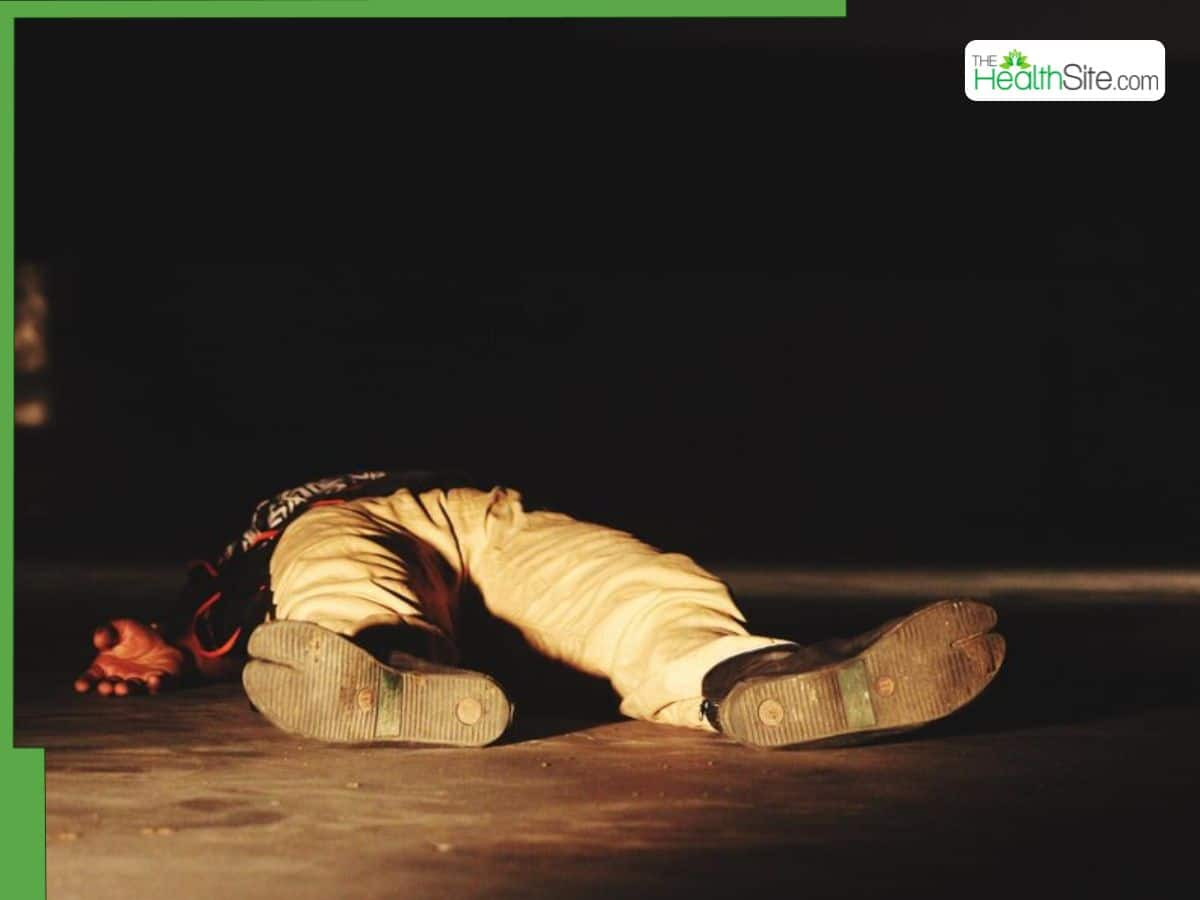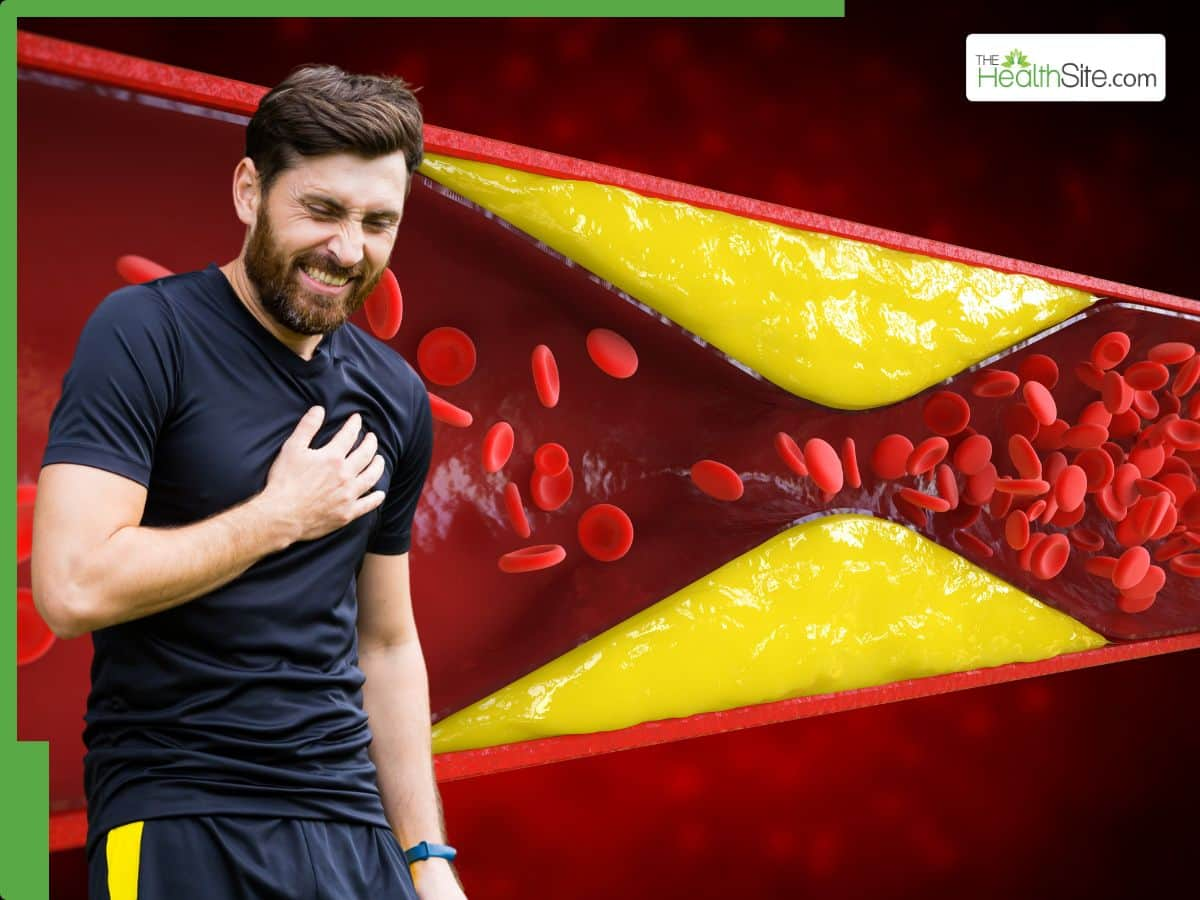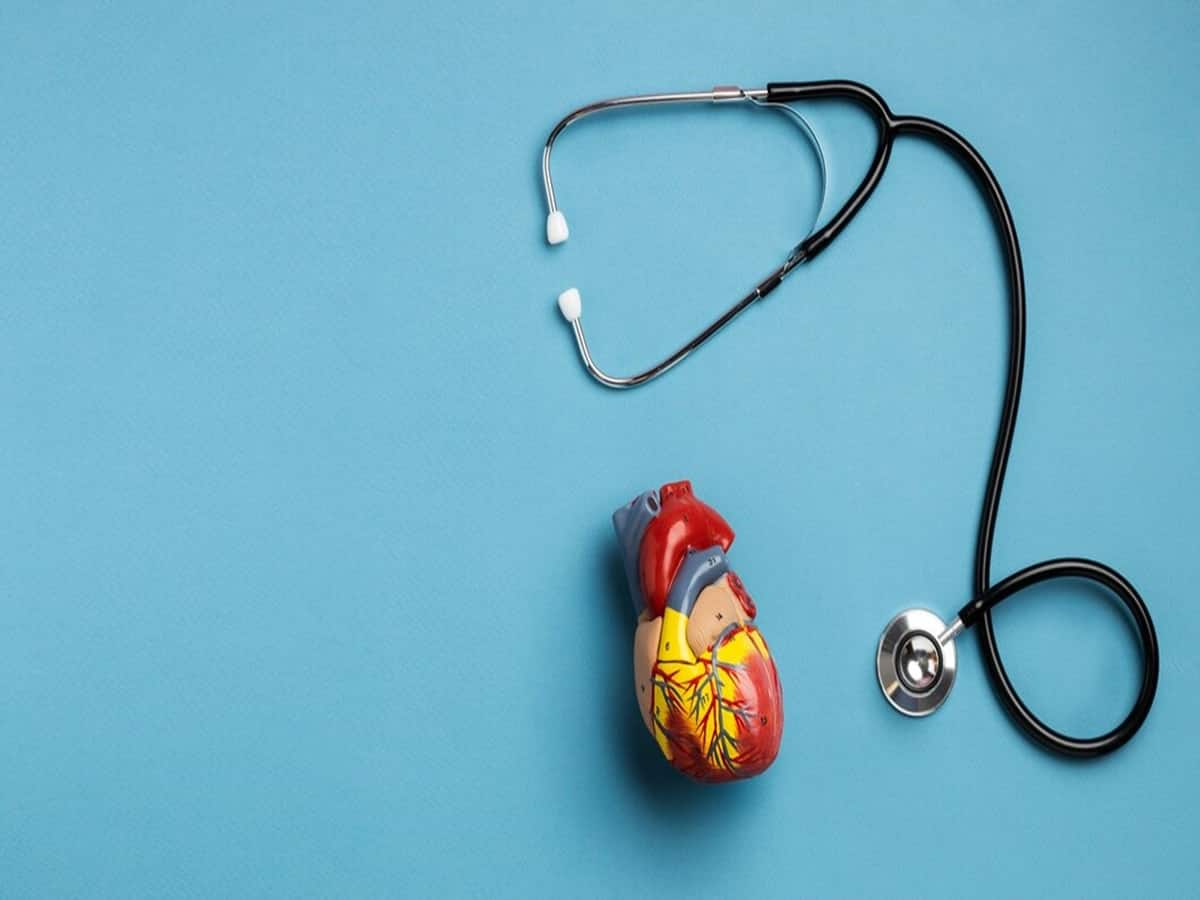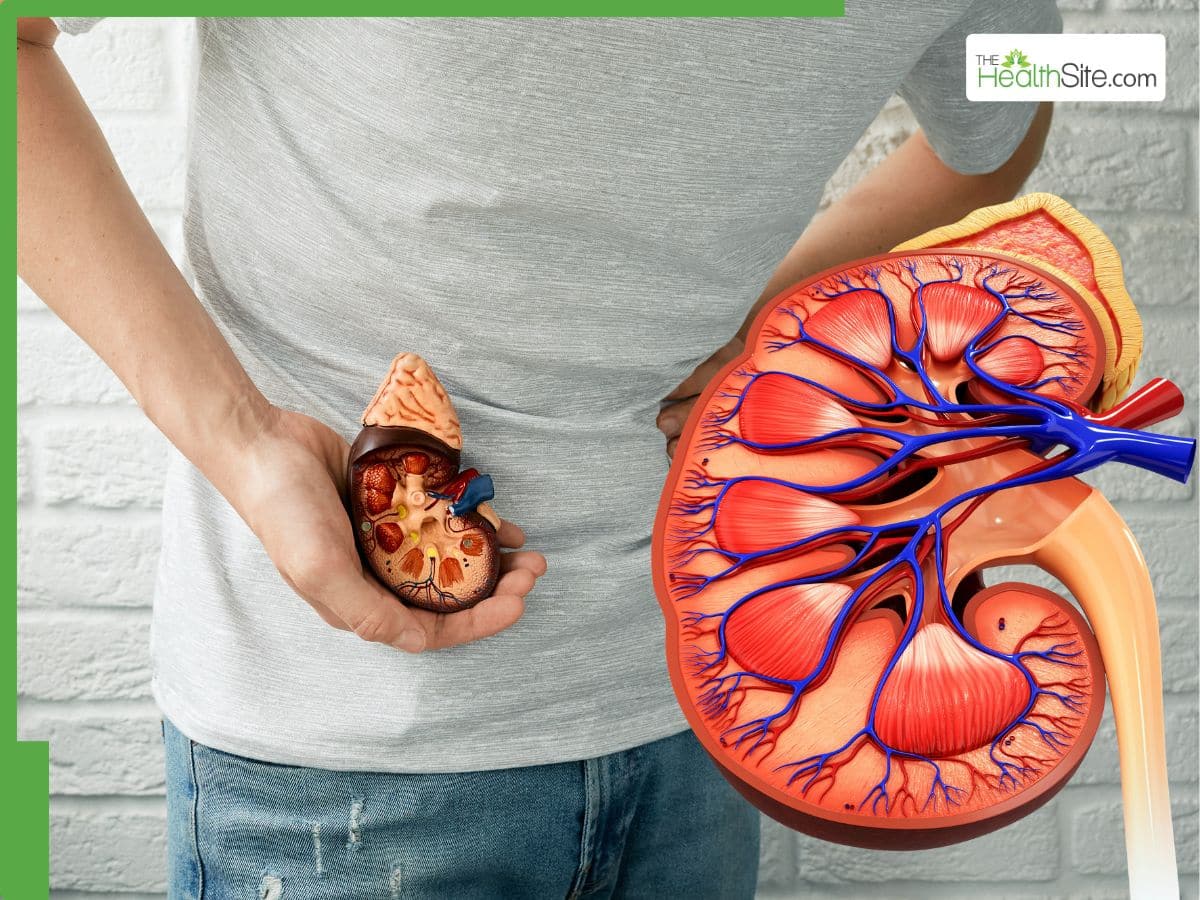Written by Prerna Mittra | Updated : December 18, 2024 8:51 PM IST A patient in Mumbai had been experiencing the lingering effects of COVID-19 infection , after having recovered from it years ago. A hip replacement surgery was conducted on the 45-year-old resident of Navi Mumbai, who had been suffering from avascular necrosis (AVN) of the femoral head for the past one year, owing to the 'unmonitored' steroid usage for managing his Covid infection. Surprisingly though, the man was without pain and able to walk freely in the postoperative room within just four hours of the surgery; he was later discharged after 24 hours. Now back to his regular activities, the patient is no longer facing any difficulties. Avascular necrosis, or osteonecrosis , happens when any bone in the body loses its blood supply, causing the bone tissue to die. The bone may also collapse. In this patient's case, he had been suffering from pain while walking for more than a year. Though he sought help from multiple doctors and even tried various medications and treatments including popping painkillers, he found no relief . The patient -- who is employed in the hotel sector -- continued to suffer and his health deteriorated. That is when he decided to seek treatment at Navi Mumbai's Medicover Hospital . Dr Deepak Gautam, director of orthopedic medicine at the hospital explained that avascular necrosis (AVN) means the death of bone tissue due to a lack of blood supply. It creates tiny breaks in the bone and causes it to collapse. "AVN can occur due to long-term use of steroids, excessive alcohol, hip injury, and other medical conditions. In his condition, the cause was due to steroid use after getting infected with Covid," the doctor said in a statement shared by the hospital. More News He added that many of his patients have complained of AVN post-Covid. When all conservative treatment measures fail, the only option left is a total hip replacement (THR) surgery, the doctor said. This patient, according to the doctor, was ideal for this surgery since he did not have any comorbidities. "He was a highly-motivated patient who knew that the treatment option was THR. He underwent all the pre-operative investigations on an OPD basis, which were found to be normal. He was also assessed by the anaesthetist three days prior in the OPD, and was found to be suitable for daycare surgery." Dr Gautam added that the surgery involved removing the damaged bone and hip cartilage, and replacing it with prosthetic components. "Usually, a patient opting for a hip replacement surgery is admitted for 2-3 days in the hospital, which not only increases the financial burden, but also causes a psychological impact on the patient of being in the hospital, along with the risk of hospital-acquired infections." According to the expert, during a conventional hip replacement surgery through a posterior approach, the joint is reached from the back of the hip. It requires a longer healing and recovery period. But, a newer technique was used on this patient, called the direct anterior approach (DAA) . It ensures that patients do not have to stay in the hospital for long. "The surgery is performed without cutting any muscle, because of which the pain is very less. The patient can start movement soon after the effect of anaesthesia wears off. The direct anterior approach offers other benefits, too, like less pain, blood loss, and reduced chances of hip dislocation; the joint structure is not affected either," the doctor said, adding that the patient is not required to follow any post-surgery precautions. Don’t Miss Out on the Latest Updates. Subscribe to Our Newsletter Today! Enroll for our free updates Thank You for Subscribing Thanks for Updating Your Information None
Popular Tags:
Share This Post:

Healthy Heart Signs: 7 Proven Indicators You Don't Have High Blood Pressure
December 24, 2024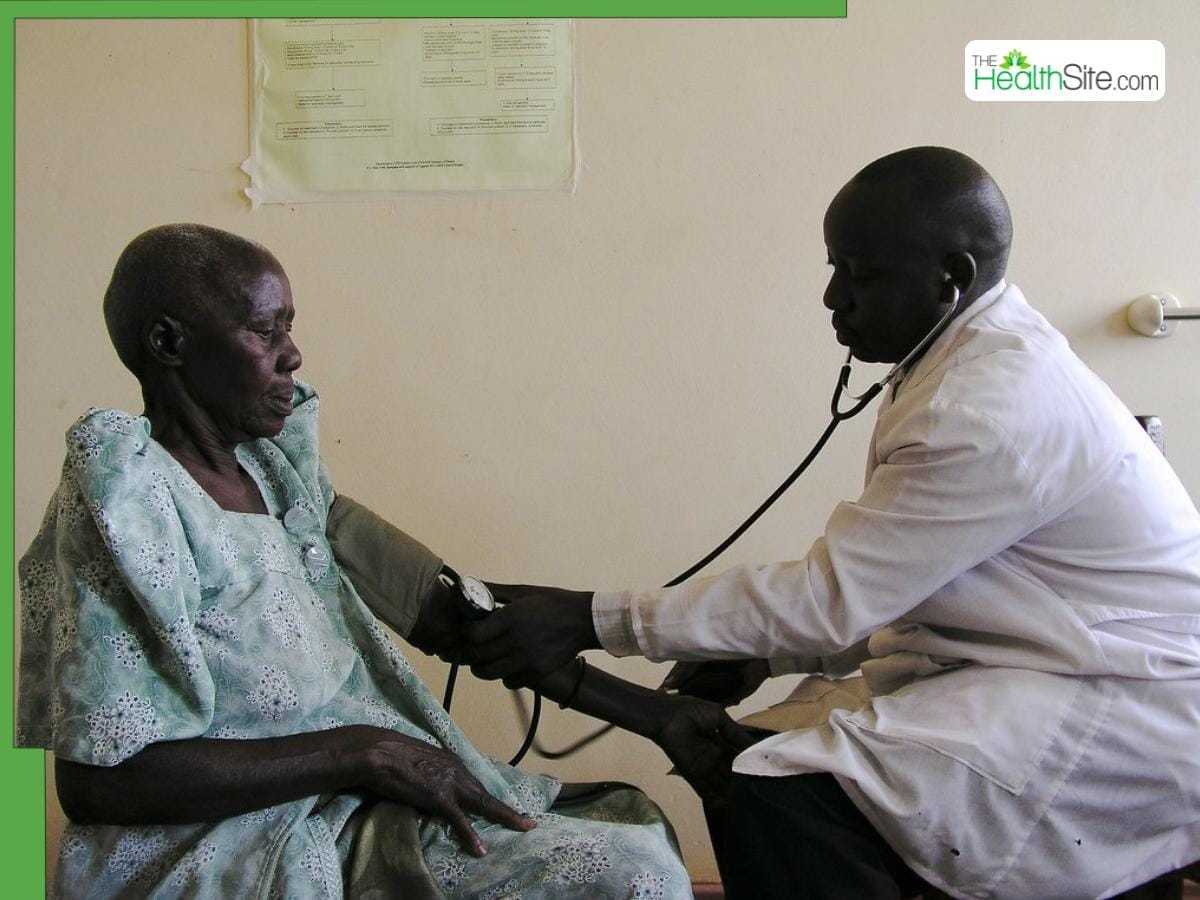
Is 'Dinga Dinga' Virus Similar To The Dancing Plague Of 1518? Note These Facts, Theories And Similarities
December 20, 2024What’s New
Spotlight
Today’s Hot
-
- December 16, 2024
-
- December 16, 2024
-
- December 16, 2024
Featured News
Latest From This Week
10 Medicinal Teas To Lower High Cholesterol Levels Naturally Without Surgery
DISEASES-CONDITIONS
- by Sarkai Info
- December 15, 2024
HIV Diet: Everything You Need To Know About Good Nutrition And Health For An HIV Positive Patient
DISEASES-CONDITIONS
- by Sarkai Info
- December 14, 2024
How Nutrition Affects Blood Sugar Levels: Tips For Crafting A Diabetes-Friendly Meal Plan
DISEASES-CONDITIONS
- by Sarkai Info
- December 14, 2024
Subscribe To Our Newsletter
No spam, notifications only about new products, updates.






